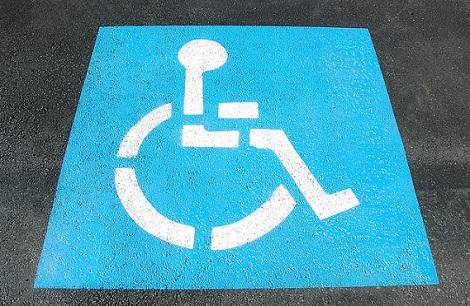
Published on: 02/08/18
The Blue Badge parking permit scheme will be revised with badges available to people with ‘hidden disabilities’.

Published on: 02/08/18
Following similar changes to law in Wales and Scotland, The Department of Transport claim the Blue Badge policy will now give people will non-physical disabilities equal parking rights to those already holding blue badges in England. These disabilities include forms of brain injury, autism, and mental health problems.
Despite not currently excluding people with ‘hidden disabilities’, the current legislation has allowed councils to be flexible. However the government claim ‘the new criteria will give clear and consistent guidelines on Blue Badge eligibility for the whole of England’.
The brain injury charity Headway, along with other charities, had previously urged the government to review their current laws.
Dr Clare Mills, Headway's Public Affairs Manager, said: "We are pleased that the Government has listened to Headway and others about the effect of hidden disabilities. Widening access to the Blue Badge Scheme will help many people living with the effects of brain injury which, because they are hidden, can make life extremely difficult."
Approximately 2.4 million disabled people currently have a Blue Badge. The scheme was introduced in 1970 to improve access for disabled people, and currently costs £10 to be a part of.
Transport Minister Jesse Norman said: “The changes we have announced will ensure that this scheme is extended equally to people with hidden disabilities so that they can enjoy the freedoms that many of us take for granted.”
The new criteria is laid out on Gov.uk, and extends eligibility to those people who:
The government are aiming to improve access across all forms of transport in the UK, and aims to make ‘the UK’s transport network fully inclusive by 2030’.